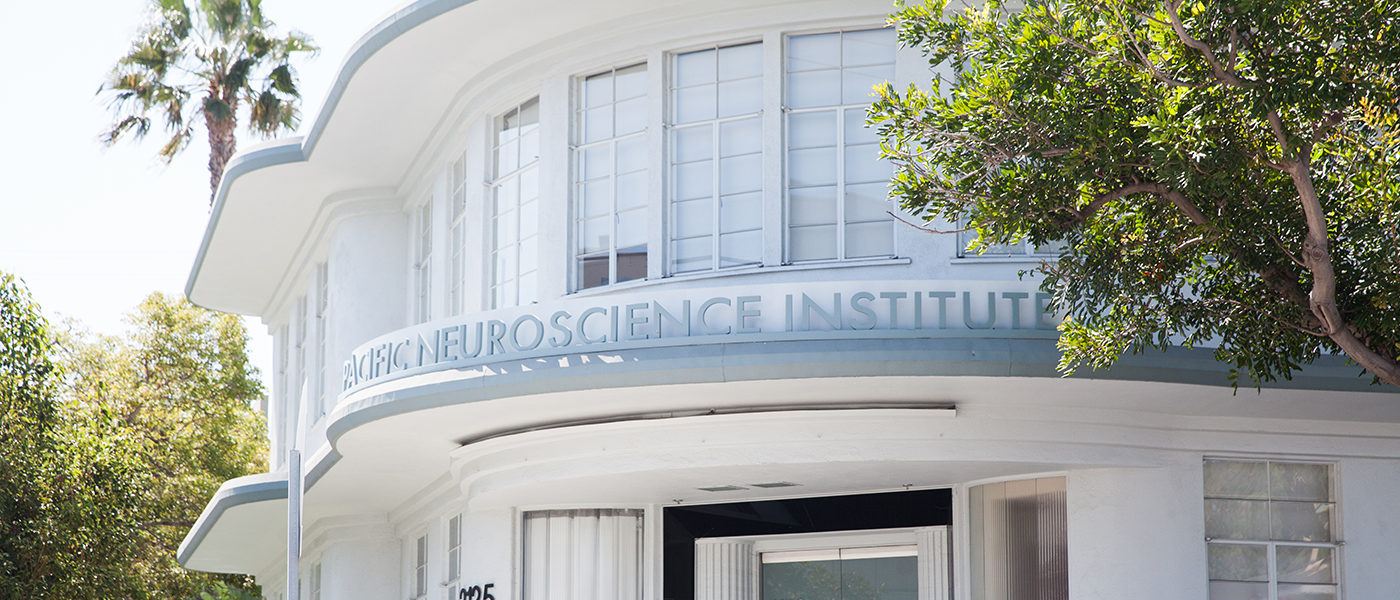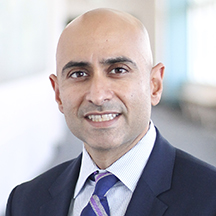
Brain Tumor Related Facial Paraylsis
Facial paralysis related to acoustic neuroma
What is Acoustic Neuroma (Vestibular Schwannoma)?
The most common brain tumor affecting facial nerve function is acoustic neuroma (AN). AN, also known as vestibular schwannomas, are benign (non cancerous) brain tumors that arise from Schwann cells of the 8th cranial nerve.
About the 8th Cranial Nerve
The 8th cranial nerve has two components, a vestibular component that controls balance, and a cochlear component that controls hearing. The 8th cranial nerve is also located very close to the facial nerve (cranial nerve 7) as it exits the brainstem.
Acoustic Neuroma Symptoms
Though patients with acoustic neuroma may present without symptoms, presentation may vary and include imbalance, hearing loss or even facial paralysis. The size, and growth patterns of acoustic neuroma may also vary, however larger tumors are associated with a higher likelihood of symptoms.
If there is concern for acoustic neuroma, a hearing test should be performed along with an MRI. This will allow your physicians to assess the tumor extent, and also plan for the best treatment to minimize damage to nearby structures.
It is important to note that not all acoustic neuromas require treatment. However if they do, the tumor size, microsurgical technique, and intraoperative nerve monitoring are all significant factors that can effect the risk of developing facial paralysis after surgery. It is important to ask your physician about what the risk of facial nerve injury is if you should consult with a reconstructive surgeon before or after being diagnosed.
Neurofibromatosis Type 2 (NF2)
Neurofibromatosis type 2 (NF2) is an underlying genetic disorder that leads to formation of tumors along nerves that are wrapped by schwann cells. Patients presenting with NF2 can present with bilateral ANs and may have multiple schwannomas in different parts of the body.
What causes acoustic neuroma related facial paralysis?
Acoustic neuroma patients are all at risk for facial nerve paralysis, however the risk is different based on several factors. This includes the size of the AN, the location, the rate of growth and if undergoing treatment, the microsurgical technique and intraoperative nerve monitoring.
In some patients with AN, they may develop facial paralysis prior to diagnosis/treatment due to compression of the facial nerve. This can be due to the size and/or location of the tumor since the facial nerve (cranial nerve 7) and 8th cranial nerve are located very close together.
In patients with normal facial nerve function prior to treatment, if the facial nerve is injured during removal of the acoustic neuroma, they may experience facial paralysis after surgery. This may present immediately after waking up or within a few weeks. Treatment options for AN related facial paralysis may vary and are dependent on the health of the facial nerve. Therefore, it is essential that you speak with an expert in facial reanimation immediately to create a plan to manage the paralysis.
What are symptoms of acoustic neuroma related facial paralysis?
Symptoms of facial paralysis due to acoustic neuroma may vary. If facial paralysis occurs before surgery it may slowly progress and may mimic facial paralysis that occurs due to a salivary gland tumors.
However, if it is associated with a hearing loss, it is more likely to be related to acoustic neuroma than salivary gland tumor. Patients with underlying acoustic neuroma can also develop acute onset, complete flaccid facial paralysis similar to that seen in Bell’s plasy. Regardless of the progression of facial paralysis, it is important to have a thorough examination with diagnostic testing such as an MRI, and hearing test to help identify the cause.
How can acoustic neuroma be treated?
Depending on the extent of facial nerve injury, and the length of time that you have experienced facial paralysis, an expert in facial reanimation can help you develop a unique patient-specific treatment plan.
Typically this will involve the following:
- Protecting your eye health and vision
- Performing serial exams to assess for improvement in facial tone and movement (if nerve is intact)
- Facial retraining and facial therapy
- Facial reanimation surgery (if the nerve is known to be cut or recovery is not expected based on exam and testing)
Facial nerve doctor and specialist
Facial Nerve Disorders Program Director and Otolaryngologist, Dr. Amit Kochhar, has over ten years of experience managing patients with facial paralysis. He treats and is accepting new patients from all over California, Arizona, Nevada, Oregon and Washington.
Meet Dr. Kochhar

In-Person or Virtual Video Visit
Our specialists have consultation openings for new patients.
